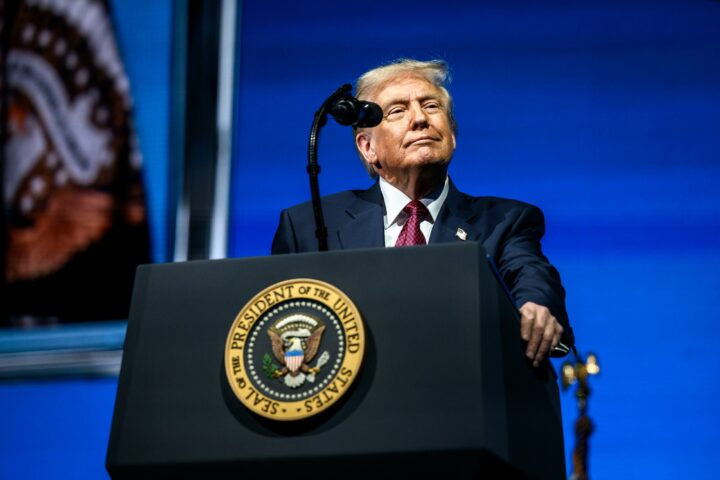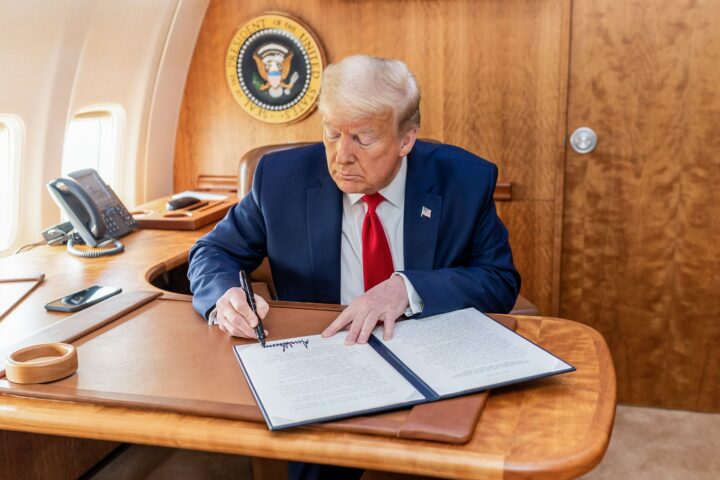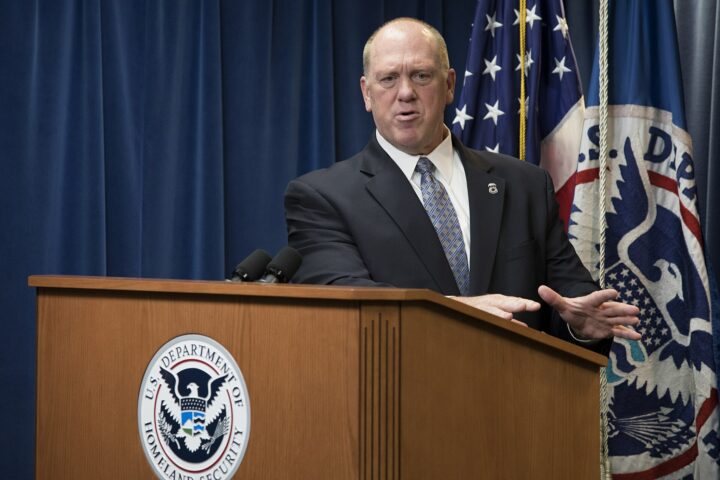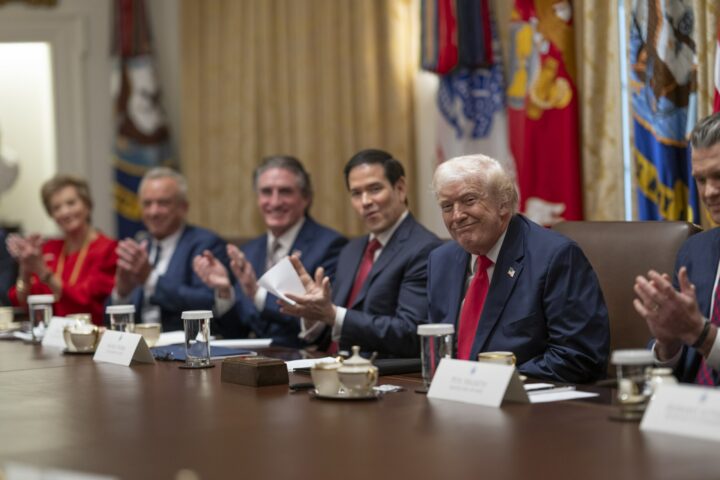The Senate’s fragile push for a bipartisan spending agreement is teetering, as President Donald Trump’s latest efforts to slash federal funding threaten to unravel negotiations and raise the specter of a government shutdown this fall.
At the center of the dispute is the White House’s push to rescind previously approved spending, a strategy that has already claimed $9 billion in foreign aid and public broadcasting funds. Now, Trump administration officials are preparing another round of cuts—this time potentially targeting the Department of Education—just weeks before the October 1 deadline to pass a new budget, according to The Washington Post..
“They are going to stab us in the back again,” warned Sen. Chris Murphy, a Democrat from Connecticut and a member of the Senate Appropriations Committee, who accused the administration of undermining bipartisan talks with eleventh-hour rescission packages.
According to Sen. Lindsey Graham, from South Carolina, and another source familiar with internal deliberations, Education Department funding is squarely in the administration’s sights. The proposal would build on Trump’s March executive order to dismantle the agency—a move that has already frozen billions in school-related funding.
Appropriations Chair Sen. Susan Collins, a Republican from Maine, has cautioned against bypassing congressional input. “I don’t see the need for additional rescissions to be sent up by the White House,” Collins said, urging the administration to work through the established appropriations process rather than act unilaterally.
The stakes are particularly high in the Senate, where 60 votes are required to pass spending bills, but only a simple majority is needed to approve rescissions—giving the administration more leverage to act without broad bipartisan support.
Behind the scenes, the administration is also exploring more aggressive legal maneuvers. Budget Director Russell Vought has not ruled out invoking the Impoundment Control Act of 1974 to withhold funds without congressional sign-off—a tactic critics label a “pocket rescission.” Democrats and some Republicans insist such a move would be illegal.
But Vought defended the administration’s hardline stance, dismissing calls for cooperation. “There is no voter in the country that went to the polls and said, ‘I’m voting for a bipartisan appropriations process,’” he told reporters at a recent press breakfast.
His comments drew swift backlash. Senate Minority Leader Chuck Schumer demanded Vought’s dismissal, while House Appropriations Chair Tom Cole, a Republican from Oklahoma, pushed back, reaffirming that “Congress holds the purse strings.”
Whether that process survives another wave of proposed cuts remains uncertain. Democrats warn that further rescissions could sabotage the final push to fund the government—and force a shutdown showdown.
“If the administration is determined to blow up appropriations and force us into a government shutdown,” said Sen. Chris Coons, a Delware Democrat, “they ought to just tell us.”
[Read More: Senators Want Special Counsel To Investigate Obama]








